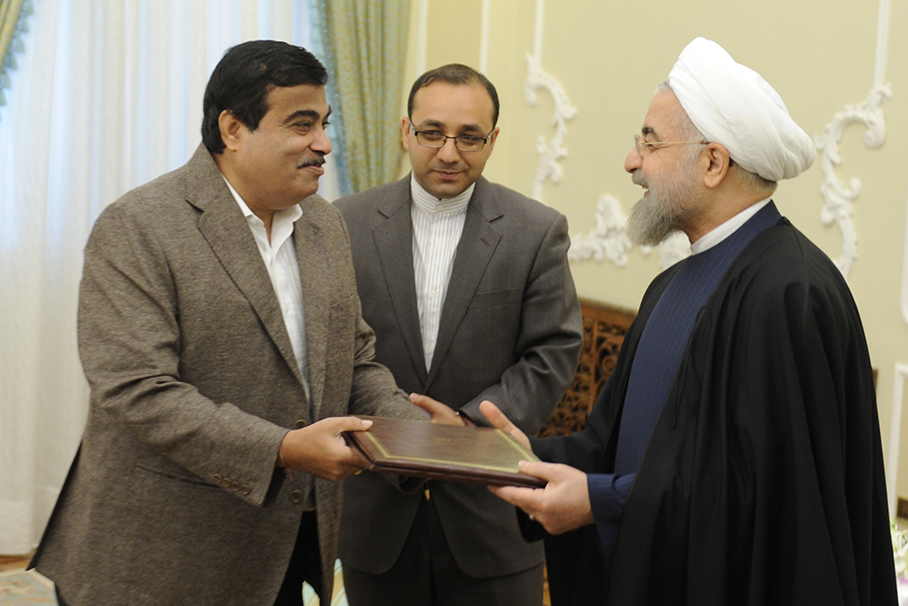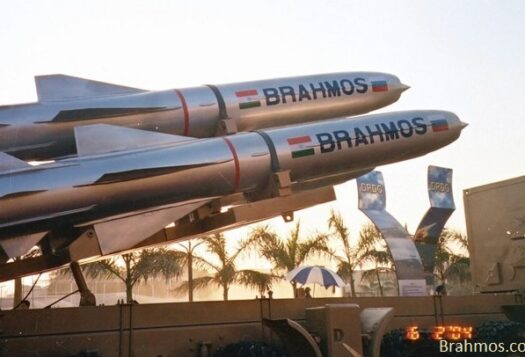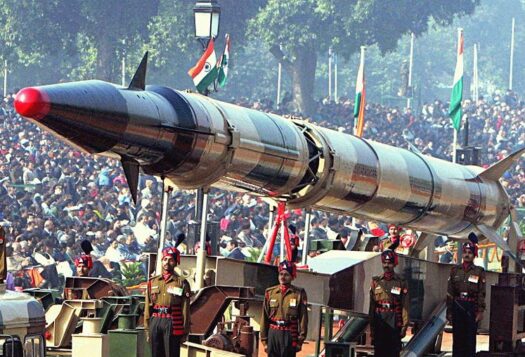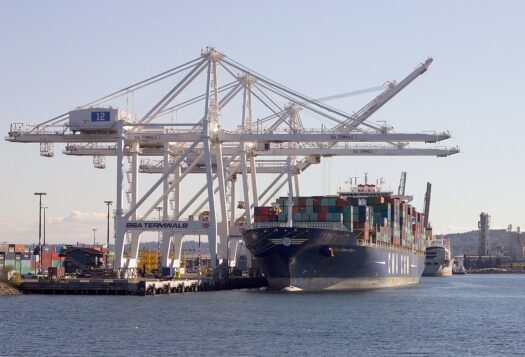
There is no such thing as a bad Iran deal. The media pundits who say otherwise have no idea what they are talking about. There are no two ways about it, a deal will happen and that is a good thing. Think about it this way: if Iran wanted to build a nuclear weapon, why would it initiate the negotiations? The fact that Iran is willing to give up enrichment and to freeze its nuclear program for ten years strengthens the non-proliferation regime.
Iran is bound by the Treaty on the Non-Proliferation of Nuclear Weapons (NPT), which it ratified on February 2, 1970, not to manufacture or acquire nuclear weapons (Article II). It is also bound by the treaty to accept safeguards as set forth in an agreement with the International Atomic Energy Agency (IAEA), with a view to prevent the diversion of nuclear energy from peaceful uses to nuclear weapons (Article III).
Iran was found in violation of its obligations under the NPT in 2002 and in 2003 the IAEA passed a resolution calling for Iran to suspend all enrichment and reprocessing-related activities. The resolution required Iran to declare all material relevant to its uranium enrichment program and to allow IAEA inspectors to conduct environmental sampling at any location. The resolution required Iran to meet its conditions by October 31, 2003, which it failed to do. Iran did not grant IAEA inspectors permission to conduct environmental sampling, and on June 18, 2004 the IAEA rebuked Iran for failing to cooperate with IAEA inspectors, Iran responded by refusing to suspend enrichment related activities.
On April 2, 2015, after more than a decade of negotiations to ensure Iran only use its nuclear program for peaceful purposes, Iran and the P5+1 (US, UK, Russia, China, France + Germany) finally announced an agreement on a general framework that outlined broad parameters of a nuclear deal. The United States issued a more specific factsheet on the details. Iran and the P5+1 agreed to continue meeting to finalize a deal on a Joint Comprehensive Plan of Action (JCPOA) before June 30, 2015.
While Iran and the P5+1 have extended the deadline to July 10, 2015, it does not change the fact that if the JCPOA is successfully agreed upon by all parties by the new deadline, it will strengthen the NPT. It will ensure that Iran uses its nuclear program for peaceful purposes to which it is entitled to under Article IV of the NPT.
If Iran agrees to the JCPOA, the P5+1 will move to have the crippling economic sanctions on Iran removed by the United Nations Security Council (UNSC). And if this deal is struck we should all celebrate. This deal will mean that Iran has stopped all nuclear development for the next ten years. Negotiation, not the use of military force, has accomplished this. This agreement could serve as a blueprint for negotiations in the future with states such as North Korea.
The key parameters of the proposed JCPOA are:
- Iran will reduce the number of centrifuges currently in operation from 19,000 to 6,140, and will not enrich uranium over 3.67 percent for at least 15 years.
- Iran will reduce its current stockpile of low enriched uranium (LEU) from ~10,000 kg to 300 kg for 15 years and not build any new enrichment facilities.
- Iran will convert its Fordow facility to be used only for peaceful purposes, and will not enrich uranium at this facility for at least 15 years.
- Iran will only enrich uranium at Natanz for ten years and the IAEA will have regular access to all of Iran’s nuclear facilities.
- Iran will receive relief in sanctions if it verifiably abides by its commitments. The verification process is to be carried out by the IAEA.
- Even after the period of limitations on Iran’s nuclear program ends, it will remain a party to the NPT, its adherence to the Additional Protocol will be permanent, and it will maintain its transparency obligations.
The JCPOA is a positive development, which, if implemented correctly, will ensure that Iran does not produce fissile material or develop a weapons program. This will ensure regional stability, and strengthen the non-proliferation regime. At the same time, countries in the region will be able to benefit greatly by engaging in economic trade with Iran.
History proves that military action and forced regime change end up creating more problems than they solve. If this deal goes through and Iran begins to prosper economically, there is no way that its population would allow the leadership to threaten their newfound economic and financial freedom.
To all those media pundits who think a deal with Iran is a bad idea, I beg you to consider the Iraqi experience and tell me if that is what you want? Like I said, there are no two ways about it.
***


